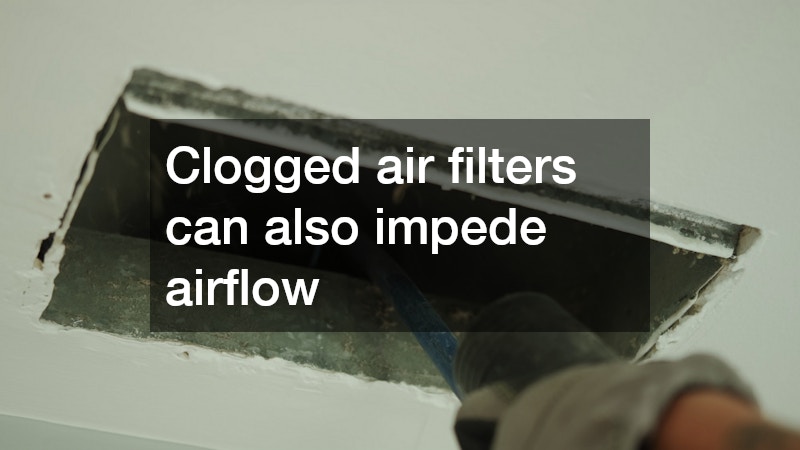Understanding the root causes of AC humidity issues can help in effectively addressing discomfort related to high humidity levels in your home. Excess humidity can not only affect your comfort but also impact your health and the integrity of your home. Many homeowners struggle with maintaining the right indoor environment, unaware of the simple yet crucial factors at play in their HVAC systems. Consulting a local AC company can provide valuable insights and solutions tailored to your specific situation. By delving into these causes and their solutions, you ensure a more comfortable living space and increased efficiency of your air conditioning system.
Common Causes of Excess Humidity in Your Air Conditioning System
Typically, air conditioning units are designed to regulate indoor humidity while cooling the air. However, several factors can cause them to be ineffective. One common cause is an incorrectly sized AC unit. If the unit is too large, it cycles on and off too quickly, failing to run long enough to remove humidity from the air. Conversely, an undersized unit cannot adequately dehumidify the home while trying to keep it cool.
Another factor is poor maintenance, which can lead to humidity issues. Dust and debris can accumulate on the evaporator coils, reducing their ability to cool and dehumidify the air. Regular cleaning and servicing of the air conditioning system are essential in maintaining its efficiency and preventing humidity problems. Clogged air filters can also impede airflow, leading to increased indoor humidity levels.
Ductwork issues are often overlooked but can significantly contribute to excess humidity. Leaky ducts can introduce humid outdoor air into the system, diminishing the AC’s dehumidification capabilities. Ensuring that ducts are properly sealed not only enhances your system’s efficiency but also helps in maintaining optimal humidity levels. Consulting a local AC company can help identify and resolve these hidden problems. Addressing and diagnosing these core issues is vital in managing indoor humidity effectively.
How High Humidity Affects Indoor Comfort and Air Quality
Humidity plays a significant role in determining indoor comfort. High humidity levels can make a room feel warmer than it actually is, forcing the air conditioning system to work harder and longer to maintain a comfortable temperature. This added strain can lead to higher energy bills and potentially decrease the lifespan of your system. Therefore, controlling humidity is as crucial as temperature control in creating a comfortable living space.
In addition to discomfort, high humidity can negatively impact your health. It creates an ideal environment for mold, mildew, and dust mites, which can exacerbate allergies and respiratory issues. These conditions are not only detrimental to individuals with existing health problems but can also pose risks to healthy individuals. Maintaining lower humidity levels helps in reducing the prevalence of these irritants. For personalized advice and effective solutions, reaching out to a local AC company can ensure your home stays healthy and comfortable.
High humidity levels can affect air quality, causing musty odors or making the air feel thick and heavy. This can affect your overall well-being and productivity, especially in homes where people spend a significant amount of time indoors. Ensuring your home’s air is properly dehumidified helps prevent these issues, improving both air quality and living conditions.
Effective Solutions to Reduce AC-Related Humidity Problems
Several effective strategies exist to address AC-related humidity problems. One essential approach is ensuring your AC system is correctly sized for your home. Consulting with a local AC company for a load calculation can determine the best unit size, balancing cooling needs and humidity control. Proper sizing ensures the system runs efficiently and effectively dehumidifies your space.
Regular maintenance routines cannot be stressed enough when tackling humidity issues. As mentioned earlier, keeping the air conditioning system in top shape through periodic cleaning and servicing by a trusted local AC company helps maintain its dehumidification effectiveness. Changing air filters regularly and scheduling professional checks can significantly improve your system’s performance.
Finally, consider integrating a standalone dehumidifier or a whole-house dehumidification system with your existing HVAC setup. These systems are designed to work alongside your air conditioning to specifically target humidity levels, providing additional moisture control without compromising temperature regulation. Consulting with a local AC company can help you choose the best supplemental solution for your home. Such investments are worthwhile for long-term comfort and efficiency.
Addressing and diagnosing the right causes of indoor humidity issues is key to ensuring comfort and efficiency in your home’s air conditioning system. By recognizing the factors that contribute to excess humidity and implementing strategic measures, homeowners can enhance their indoor living environments. Whether it is through proper sizing of your AC unit, regular maintenance, or supplemental dehumidification systems, numerous solutions are available to tackle these challenges efficiently. With the right approach, achieving optimal indoor climate control becomes a practical and manageable goal.





